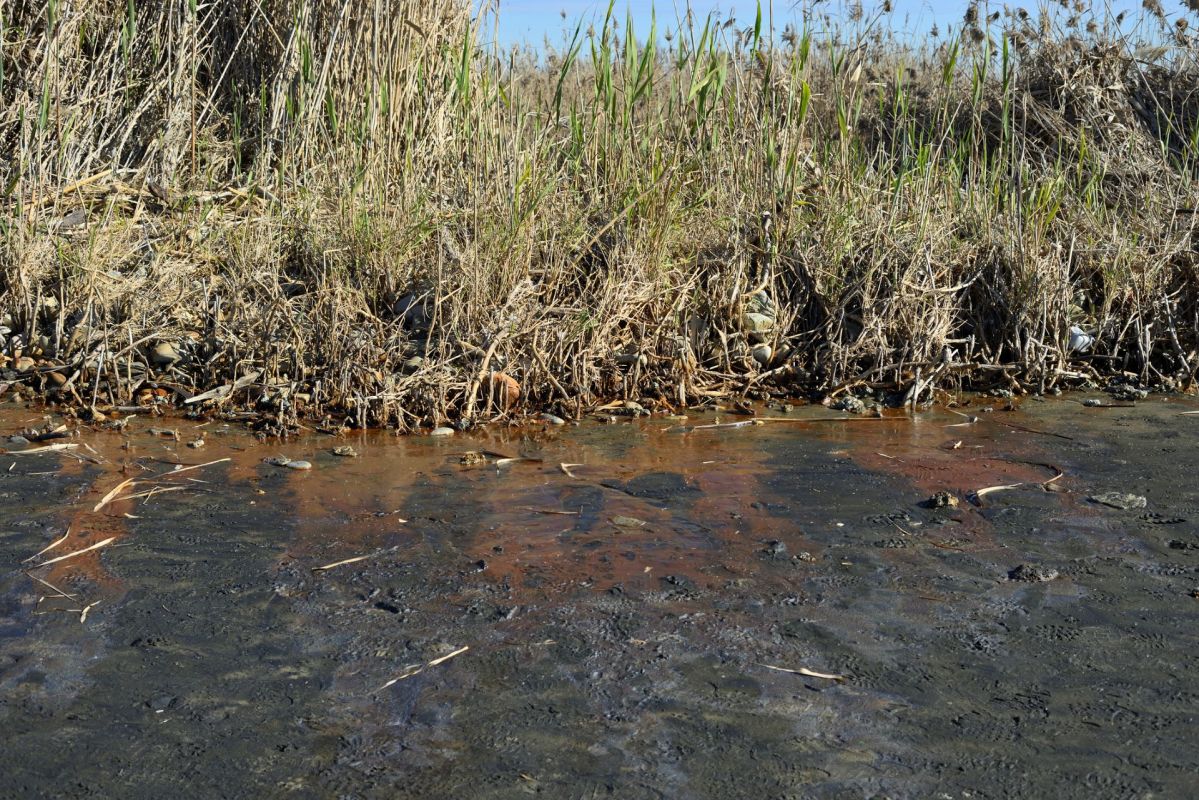An energy company in Colombia is responsible for widespread oil pollution but has yet to be held accountable. According to Colombia's National Authority for Environmental Licensing (ANLA), Mansarovar Energy is responsible for dozens of contaminated sites.
What's happening?
Oil pipelines owned by Mansarovar run through the Palagua wetlands, which are hugely important to the local community, especially those who depend on the fish in the wetlands for their livelihoods. According to locals, nearly 500 acres of wetlands have been polluted.
José Celestino, who has lived in the Puerto Boyacá area for nearly 80 years, said the oil industry in the area, which was originally run by the Texas Petroleum Company, has spent decades trying to cover up any environmental damage rather than deal with it.
According to Celestino and other locals, in the 1970s, the company dropped reed seeds from a plane into the wetlands, causing reeds to cover over 120 acres and hide the oil pollution.
Why the oil pollution is important
Celestino has spent most of his life catching fish in the wetlands. He said that not only are there fewer fish than there used to be, but the ones that are there are smaller than what he caught in his youth. According to Celestino, this is directly related to poorly maintained pipelines that would break and spill oil into the water.
"After three or four days, we would see huge numbers of fish die off," Celestino said.
This isn't a problem unique to the Palagua wetlands. Oil spills are common throughout Colombia, many of which go unreported or aren't properly cleaned up. In 2018, an oil spill killed more than 2,400 animals and damaged thousands of trees.
What's being done about Mansarovar's oil pollution
Lawsuits have been filed against the various companies in charge of oil production in the area going back to 1994. In 2008, a judge ordered the company to carry out a plan to clean up the wetlands.
A local fishermen's association filed a similar lawsuit that they won in 2010. The court ordered Mansarovar to "carry out a deep water study at the bottom of the wetlands, because the sediments are completely full of hydrocarbons, which is what has damaged the fish stocks and put an end to fishing activities," according to Leonardo Granados, a lawyer and advisor to the nary of Puerto Boyacá.
More recently, 18 property owners in the area began criminal and administrative proceedings against Mansarovar over the pollution of the wetlands.
The Colombian government is also getting involved. In November of last year, several government officials, including representatives from the Attorney General's Office, visited the area to see if the company has complied with court orders, which, according to locals, it has not.
Join our free newsletter for cool news and actionable info that makes it easy to help yourself while helping the planet.









